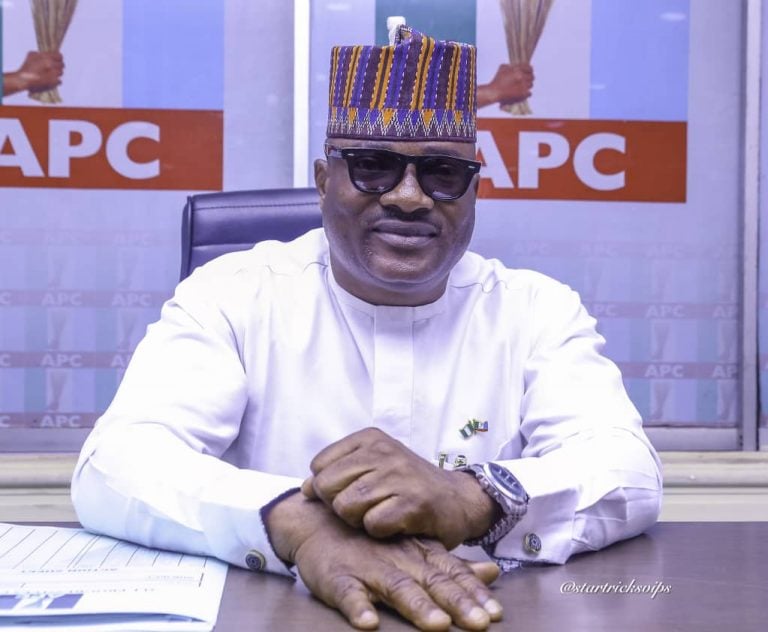Gombe Signs Law to Take over Power Sector

Governor Muhammadu Yahaya of Gombe State has taken a significant step towards revolutionizing the state’s energy sector by signing into law a landmark legislation that empowers the state to manage its electricity affairs.
The new law, which was passed by the state’s House of Assembly in April, provides a framework for the state to exercise its constitutional powers over intra-state electricity matters.
This move is in line with the federal government’s Electricity Act of 2023, which requires states to develop their own legal frameworks for managing electricity within their jurisdictions.
By signing the law, Governor Yahaya has positioned Gombe State to take advantage of the opportunities presented by the federal government’s policy.
The law establishes two key institutions: the Gombe State Electricity Market and the Gombe State Electricity Regulatory Commission. These institutions will be responsible for regulating electricity generation, transmission, distribution, and system operations within the state.
This will enable the state government to oversee and regulate the entire value chain of electricity, from generation to consumption, and create an environment that encourages private sector investment and public-private partnerships.
One of the key benefits of the law is that it promotes access to electricity through various models, including grid, mini-grid, and off-grid systems.
This will enable the state to leverage both renewable and non-renewable energy sources to provide reliable energy to its citizens and businesses.
With Gombe State being one of Nigeria’s power-generating states, the law is expected to unlock the state’s vast energy potential and drive industrial growth.
The state is home to the Dadinkowa Hydro-Electric Power Station, which contributes approximately 40 megawatts to the national grid. In addition, the state has significant deposits of coal, petroleum, and natural gas resources that can be harnessed to drive industrial growth and provide reliable energy.
The Commissioner for Energy and Solid Mineral Resources, Sanusi Pindiga, noted that the law marks a major milestone in the state’s drive to transform its energy ecosystem and empower local communities.
The signing of the law comes on the heels of the state government’s approval of N5.5 billion for the completion of the Muhammadu Buhari Industrial Park in Dadinkowa. The park has already attracted dozens of industries and investments worth billions of Naira to the state. One of the investors,
Three Ace Technologies, plans to generate over 150 megawatts of electricity from solar energy to serve industries and businesses within and beyond the state.









